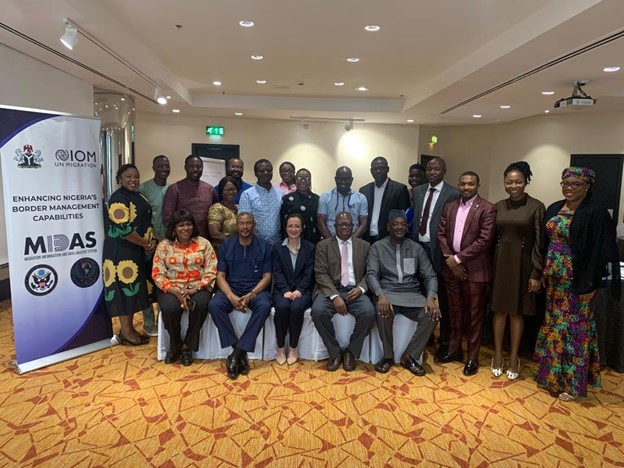
The training courses in Border and Migration Studies provide participants with practical and analytical tools to understand the political, socio-economic and emerging challenges of border and migration management in a globalising world. The program’s interdisciplinary approach enables our trainees to analyze complex border (area) and migratory problems from modern governance perspectives. Participants gain theoretical and practical knowledge of border and migration problems, border culture, border tensions, cross-border community dynamics and construction of “otherness”, including patterns of migration, diasporas, and migrants’ rights among others. At the same time, they develop relevant methodological and practical skills through project studies and study tours of a typical border zone, considered part of the practicum for completing the certificated courses.
LASU-URTI Philosophy of training is anchored on an informed need, which seeks to provide the participants with the knowledge and equip them with skills on how to manage regional-specific challenges of bordering and migration, which includes knowledge driven solutions to provide much-needed evidence for informed decision-making.
Rationale:
International Borders and Migration are contemporary issues of global concern. Both constitute part of the process of transformation of social structures and institutions and of the entire global political economy. In entirety, they shape and reshape social relations, making them more diverse and complex on the global policy agenda in recent years.
Objectives:
- Build the capacity of state and non-state actors within the Africa region to be able to govern the border and migration dynamics, under good international practices, to harness the potential for sustainable development.
- Expose the learners to broad inter-disciplinary perspective of the complexity of borders and migration in different contexts, under regional.
- Offer a comprehensive understanding of the nature of borders, emerging transnational threats, causes, consequences, and dynamics of different types of migration.
These objectives align with The African Union Border Governance Framework (2020), The Agenda 2030, The AU Agenda 2063 and The UN Global Compact on Safe, Orderly, and Regular Migration (A/RES/73/195). The professional career paths are presently in great demand and quickly open a variety of highly skilled positions in the labour market.
Courses available are in two-cohorts of Border and Migration Studies Programme
General Information:
Approach to training – The training will be delivered by our skilled trainers, with expert knowledge of theory and practice in this field. The training is delivered in English a mix of theory, practicum, group activities, and case studies, including a one-day field excursion to a recognized border in Nigeria.
Venue of training – To be held at URTI training facility or any other designated location agreed between LASU Consult/URTI or Any other requested location, subject to variation in the cost of training.
Training Certification – Participants will be issued an upskilled certificate after completion of this training.
Training fee Payment – Unless otherwise agreed between the two parties, payment for the training should be completed at least 3 days before the commencement of training.
The training fee covers tuition, training materials, two break refreshments, and a buffet lunch. Field trips/excursions will be charged separately.
